Salt Tablets for Effective Hydration
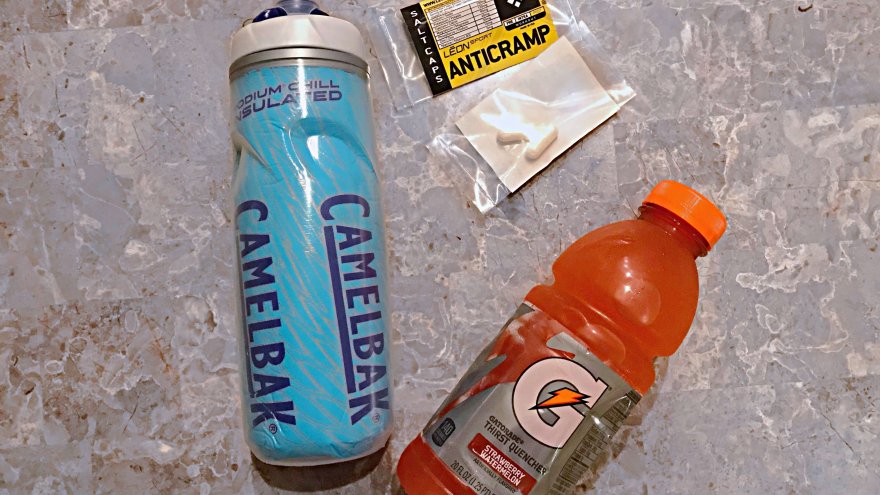
Hydration is a popularly researched topic on the internet for runners and other endurance athletes. When you are training for a long distance race, proper hydration will be a key factor in improving performance. While most people, especially newbies in the running and cycling world, believe hydration only has to do with water, this is far from correct. You will find that sodium plays a crucial role in being properly hydrated before, during, and after distance training. This is due to the fact that our bodies eliminate a large amount of sodium during perspiration. When there is an excessive loss of sodium, it negatively affects the body.
Sodium not only plays a role in maintaining proper fluid balance throughout the body, but it also is an important factor within the nerves that control our muscles. Considered an electrolyte, this mineral carries an electrical charge, which creates muscle contraction and nerve transmission. So obviously not having enough sodium in the body will decrease nerve signals and reduce the firing of muscles needed during activity. Therefore, this is why it is emphasized to include electrolyte-enhanced sports drinks along with water while training for long periods of time, especially in the heat, where our bodies perspire more. Some drinks primarily include high amounts of sodium, while others will have additional minerals that aid in hydration such as magnesium and potassium. Most running events will provide Gatorade at aid stations, and it is highly recommended to take advantage of this.
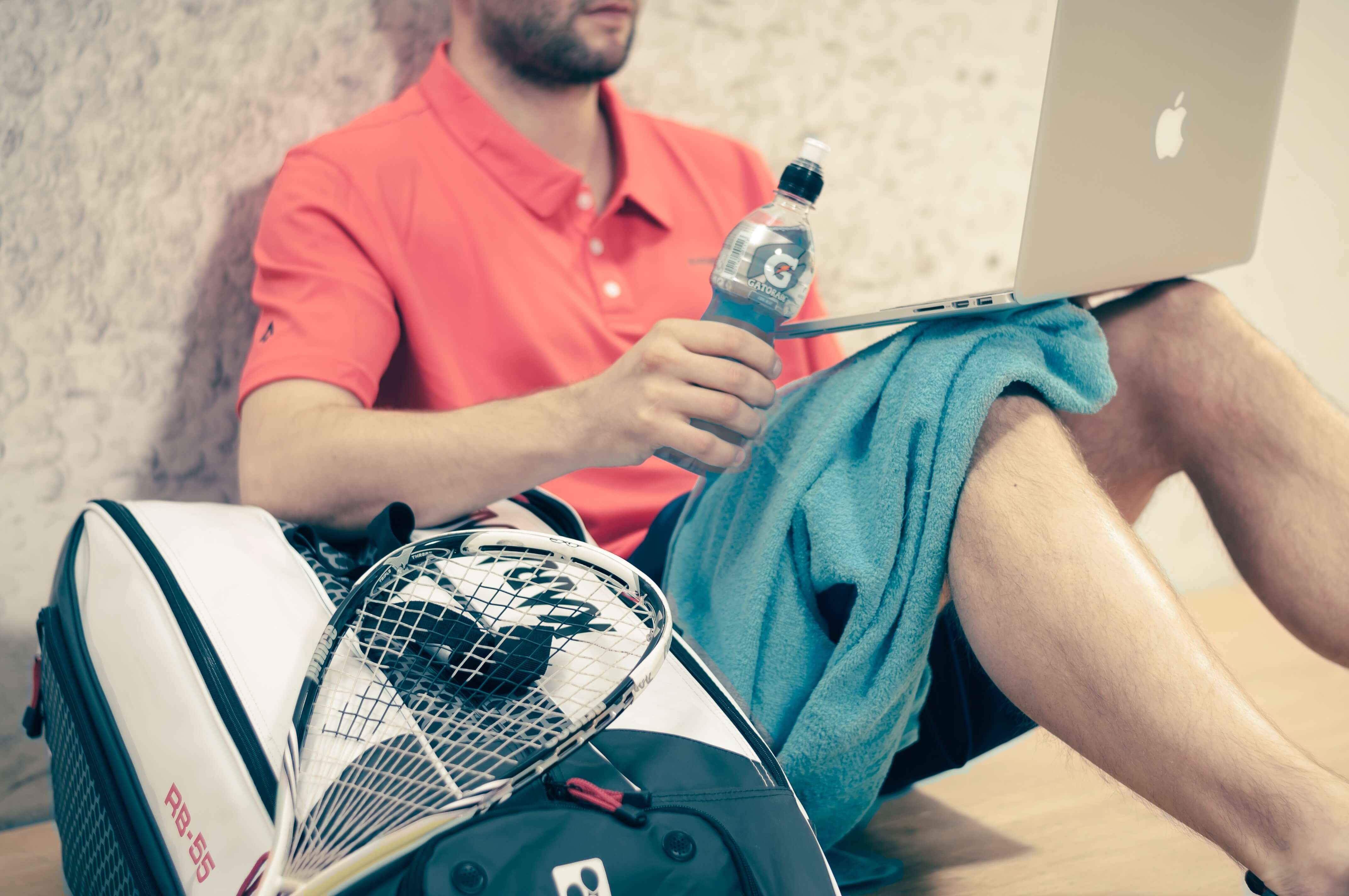
How Much Sodium is Actually Lost?
The amount of sodium lost during exercise will vary from person to person. If you are a heavy sweater you will likely lose more sodium than a light sweater. Training in excessive heat or humidity will also cause more sweating and sodium loss, but that will depend on how acclimated your body is to training in that type of weather. The average amount of sodium eliminated is around 500mg/lb of sweat, but again, this will vary with the factors just mentioned. Runners can lose around two pounds of fluid per hour of training, which means a loss of 1000mg of sodium. This gives a pretty good idea of how much is needed to replenish during training and races. Once an athlete reaches a loss of 3-5% of their body weight in sweat, dehydration and hyponatremia symptoms may develop which will decrease athletic performance. It is a good idea to consider replenishment options other than plain water during these circumstances, such as the readily available salt tablets on the market.
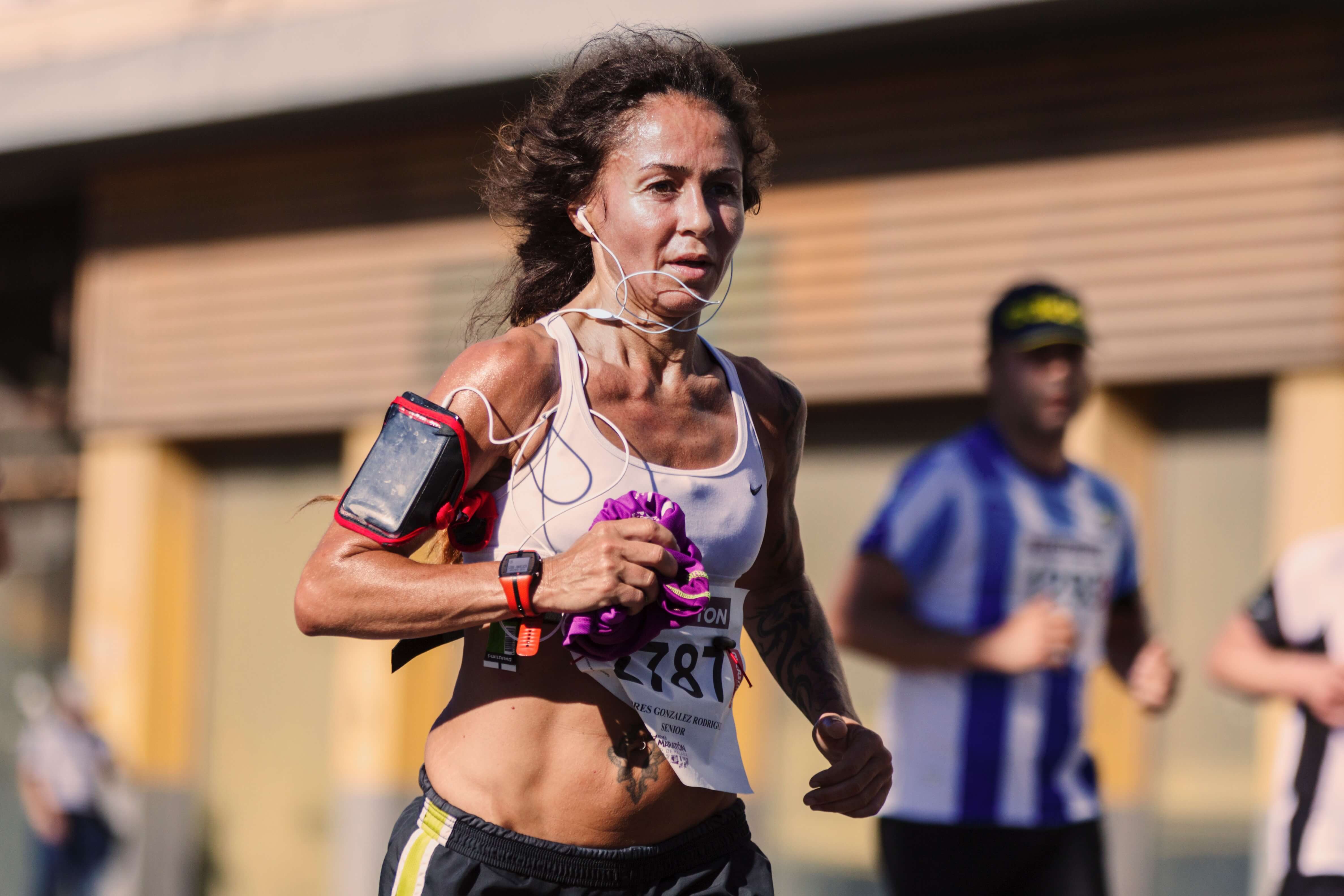
Salt Tablets: Not Just Sodium
Most salt tablets contain more than just sodium. Magnesium, potassium, and chloride are also electrolytes that we lose when we sweat and are minerals that work with sodium to balance out the fluid inside and outside of the cells in the body. This is why it is important to look for salt tablets that contain these electrolytes as well. The gradual inclusion of this supplement will help replenish what is lost during long periods of activities and are much easier to consume if all electrolytes are packed into one tablet. Many ultrarunners and triathletes swear by these supplements and have had positive outcomes in race performance.
Reaching to a point of hyponatremia, which is a low sodium level in the blood, creates significantly negative effects such as nausea, lightheadedness, and muscle cramps, all which can reduce strength and energy during performance. Many athletes reach for water when they begin noticing these side effects, but this will only dilute the sodium further creating even worse problems. Severe states of hyponatremia may cause seizures and death in some cases, so it is crucial to understand and consider sodium supplementation. Although sports drinks such as Gatorade are quite effective at replenishing electrolyte loss, other minerals are needed to enhance the role of sodium during performance.
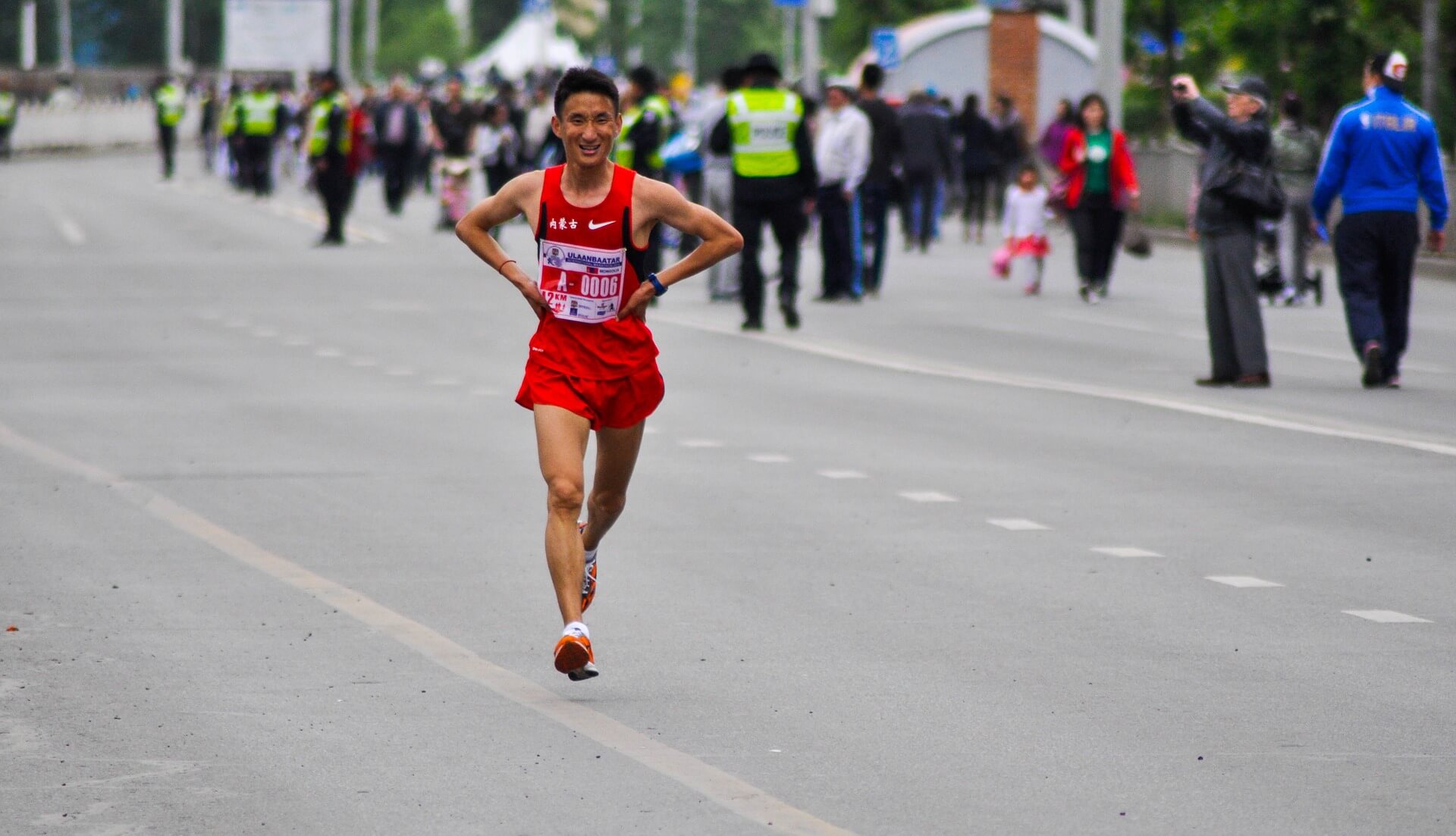
How Much Sodium Do Runners Really Need?
Studies have shown that preloading of sodium when exercising in the heat may slow the rise of core body temperature, but this does not mean athletes should overindulge in salty foods on a daily basis. As most health information emphasizes the negative impact of a high sodium diet has on the body, athletes should practice safe consumption of salt regardless of the sodium needed during excessive exercise. A regular diet without the inclusion of added salt will easily meet the daily recommended allowance for sodium which is 2300mg. Although running a marathon for 4 hours can cause a loss of around 4000mg of sodium, incorporating a salt tablet prior to starting and replenishing throughout the race is enough to keep the fluid balance.
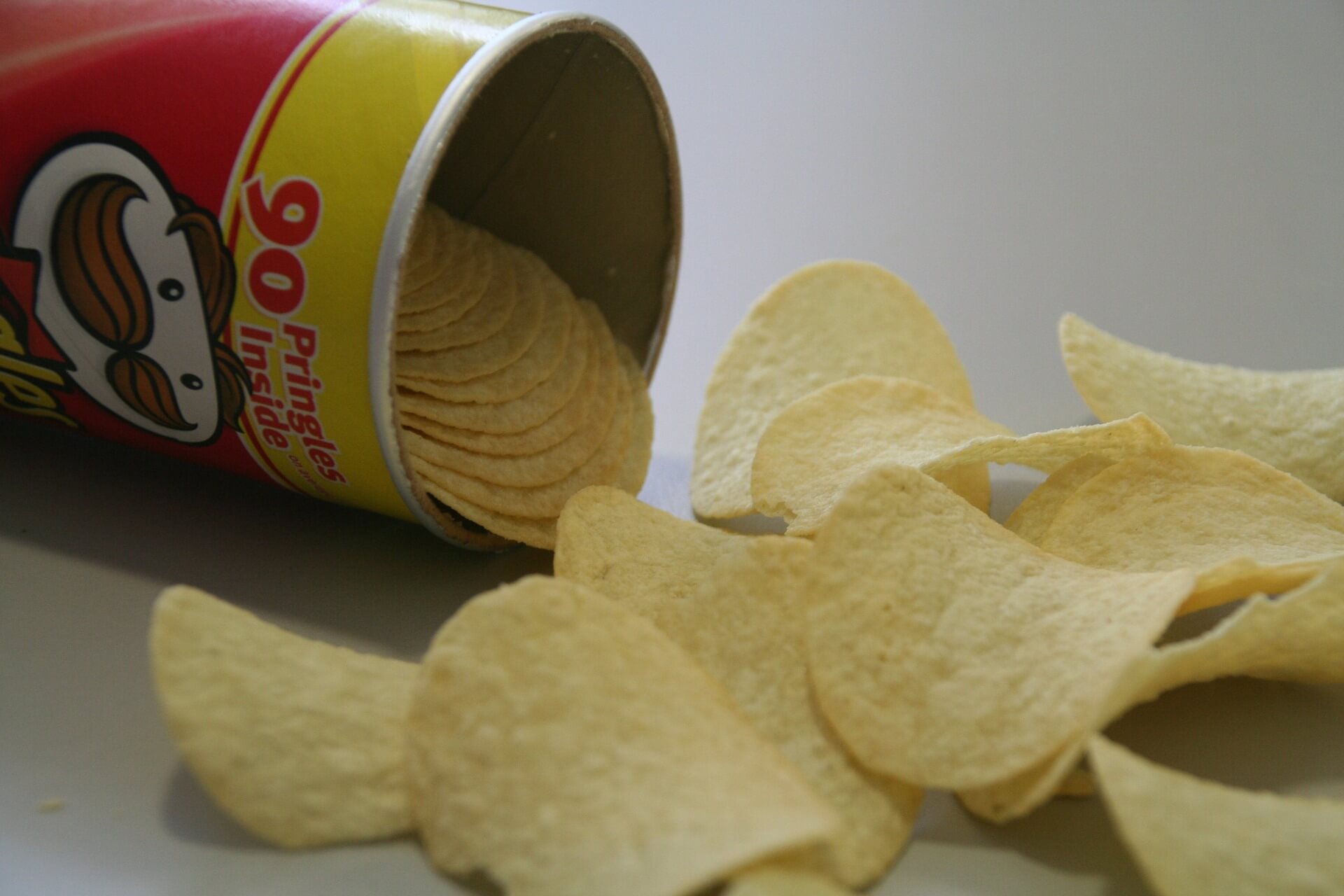
Although runners can get a good amount of sodium by eating a salty meal or snack before a race or long run, it is difficult to consume and track the total amount of sodium needed. This method will also involve the ingestion of extra calories and other nutrients that are unnecessary at the time. The reason salt tablets may be a better choice besides solely supplying the needed sodium for athletes during competition, is that they are a more concentrated amount of sodium than foods or even the sports drinks available at aid stations. If those sports drinks had a higher concentration of sodium, it would create an excessively salty flavor, which is not appealing to most people. Therefore the lower sodium levels in the few sips of Gatorade taken at each aid station would not be sufficient enough, especially in an extremely hot and humid race. Taking salt tablets is a quicker method to supply the body with the electrolyte levels it needs.
Sources
Latest Articles
 Is Running on a Treadmill Easier Than Running Outside?Runners have their own preferences, whether it is treadmill running, running outside on the road, or exploring trails. So...
Is Running on a Treadmill Easier Than Running Outside?Runners have their own preferences, whether it is treadmill running, running outside on the road, or exploring trails. So... Is It OK to Use Trail Running Shoes on the Road?While trail running shoes can be used on roads, especially in situations where a runner encounters mixed terrains or pref...
Is It OK to Use Trail Running Shoes on the Road?While trail running shoes can be used on roads, especially in situations where a runner encounters mixed terrains or pref... How to Fix Sore Quads After Running?Rest, ice, gentle stretching, and over-the-counter pain relievers can help soothe sore quads after running. Also, ensure ...
How to Fix Sore Quads After Running?Rest, ice, gentle stretching, and over-the-counter pain relievers can help soothe sore quads after running. Also, ensure ... 10 Fruits With The Most Electrolytes to Replace Sports DrinksThese fruits are high in electrolytes such as potassium, magnesium, and calcium, essential for hydration, muscle function...
10 Fruits With The Most Electrolytes to Replace Sports DrinksThese fruits are high in electrolytes such as potassium, magnesium, and calcium, essential for hydration, muscle function...

